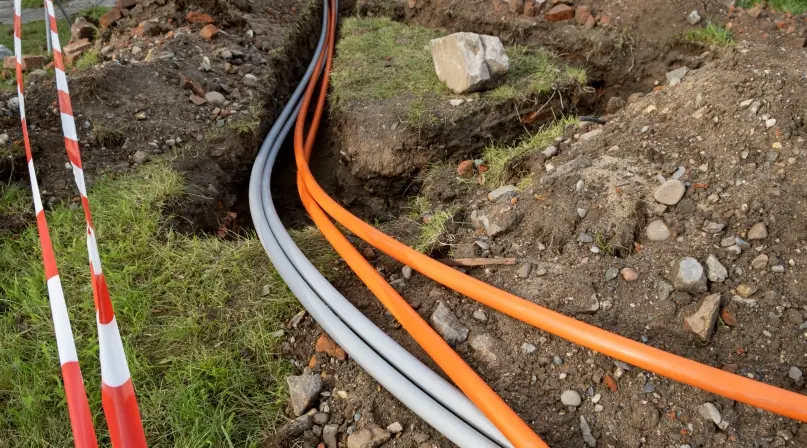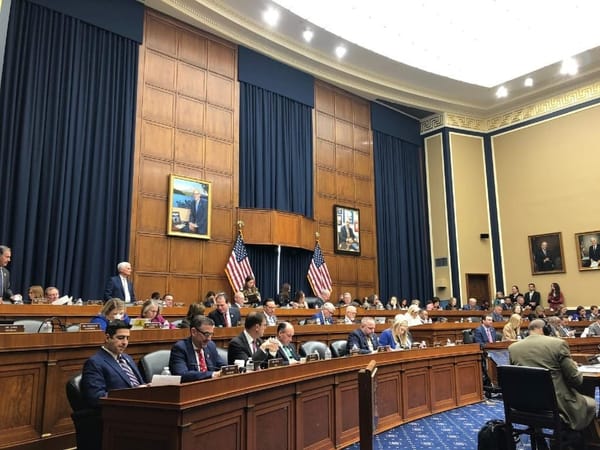Congressional Action Might be Critical for Broadband Permitting Reform
The American Broadband Deployment Act could provide needed statutory authority for permitting reforms, panelists said.

The American Broadband Deployment Act could provide needed statutory authority for permitting reforms, panelists said.

WASHINGTON, Dec. 8, 2024 - The Supreme Court's recent overturning of Chevron deference has made congressional action increasingly vital for lasting broadband infrastructure permitting reforms, industry experts said during a Broadband Breakfast Live Online event Wednesday.
"With the death of [Chevron deference], getting Congress to speak clearly on this is more important than ever because a lot of the streamlining has been coming from the agencies for decades," said Stephen Keegan, senior counsel of government and legal affairs at the Wireless Infrastructure Association.
"The death of Chevron is great if you don't like a rule. It's not so great if you do like a rule because it's just as easily challenged under that kind of framework," he said.
 Broadband BreakfastStephen Keegan
Broadband BreakfastStephen Keegan

Officials say the first phase of the city’s network will install over 100,000 feet of new fiber optic cable.

Join us as we explore the opportunities and challenges at the intersection of broadband and agriculture.

What constitutes an 'invidious' DEI policy in regulators' eyes?

Democrats warn the law will fall flat without a functional FTC to enforce it.